New research from the RAC shows an increase in those thinking they have driven over the drink-drive limit the morning after having drunk the night before.
Almost one in 10 (8%) of those aged 25-44 say they think they have driven over the limit the next day – double the rate seen among drivers of all ages (4%).
The study of more than 3,000 drivers for the RAC Report on Motoring also reveals the 25-44 age group is more likely to drive with illegal levels of alcohol in their systems shortly after having a drink – 5% think they have done so compared to 3% of drivers of any age.
Furthermore, 3% of this group admit to having definitely driven drunk compared to 2% among drivers of all ages.
Overall, the RAC’s 2022 research highlights a slight rise in drivers across all age groups who think they have got behind the wheel when they should not have – up to 7% compared to 5% in 2021. This, however, is still considerably lower than before the pandemic when it stood at 13% in 2019 and 14% in 2018.
RAC road safety spokesman Simon Williams said: “It is very concerning to see so many drivers aged 25-44 who think they have driven while drunk or who know they have, nearly double the figure for all drivers.”
Drivers were also asked for their views on policy measures that could be introduced to curb drink-driving.
The greatest support (54%) was for an increase in the number of roadside breathalyser tests carried out by the police while 43% said offenders’ vehicles should be fitted with alcolocks – devices that require drivers to provide a breath sample below the legal alcohol limit in order to start their car. Interestingly, 32% of drivers think alcolocks should be fitted to all vehicles, not just those driven by people previously convicted of a drink-driving offence.
More than a quarter (27%) think all drivers should be required by law to carry their own breathalyser so they can check they are safe to drive – this rises to 39% among the under-25s.
The RAC Report on Motoring, which also tracks long-term attitudes to key driving issues, found concern about other motorists’ drink-driving has dropped sharply in the past three years: in 2022 only 14% say this is a top-four concern, down from 28% in 2019.
Williams continued: “We strongly urge every driver to make the right decision when celebrating this Christmas, particularly the day after the night before.
“Just going to bed for a few hours won’t be enough to clear your system of alcohol, particularly if you’ve been drinking heavily at a work Christmas party until well gone midnight.
“It is far better to play it safe rather than taking an unnecessary risk that could change your life or, worse still, someone else’s.”
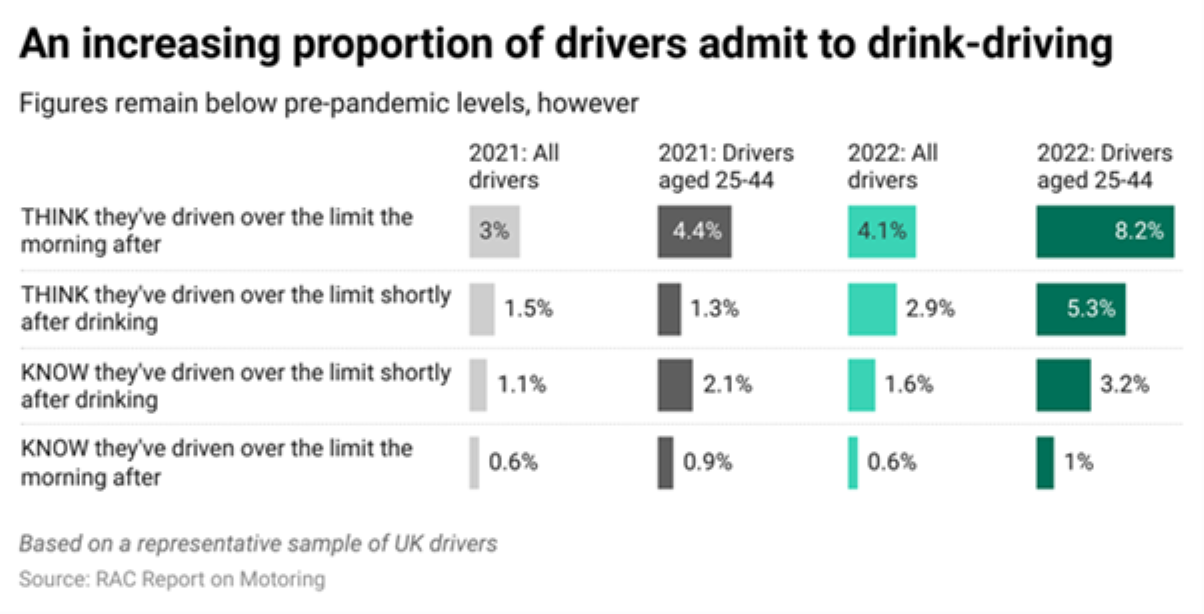



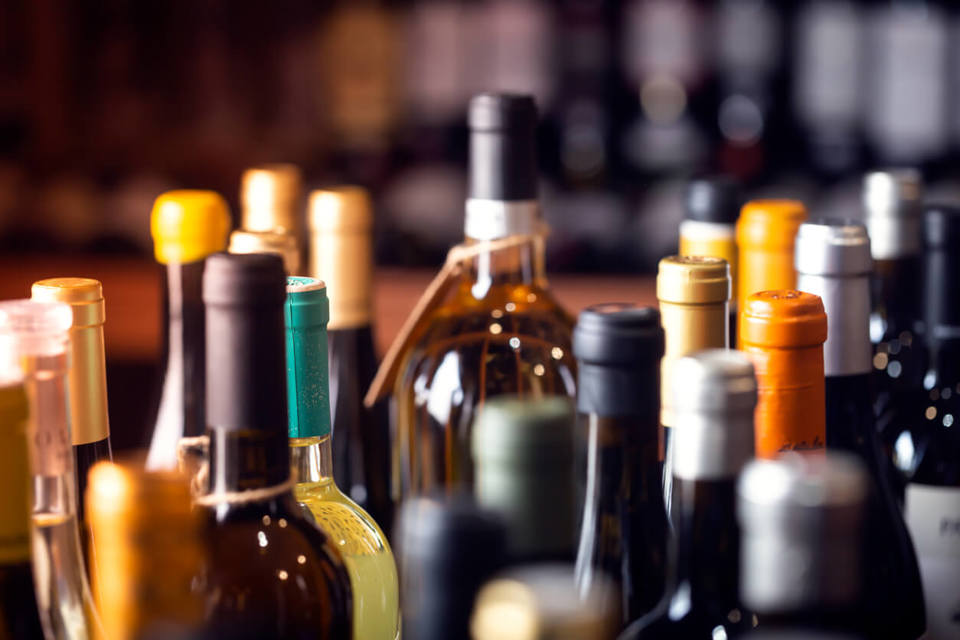











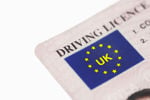





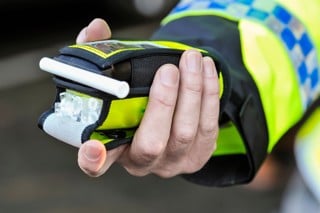
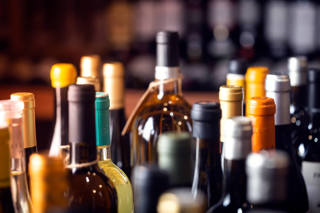
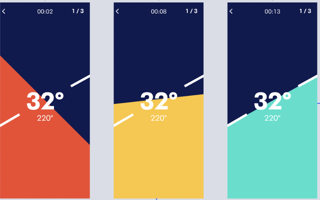
Login to comment
Comments
No comments have been made yet.